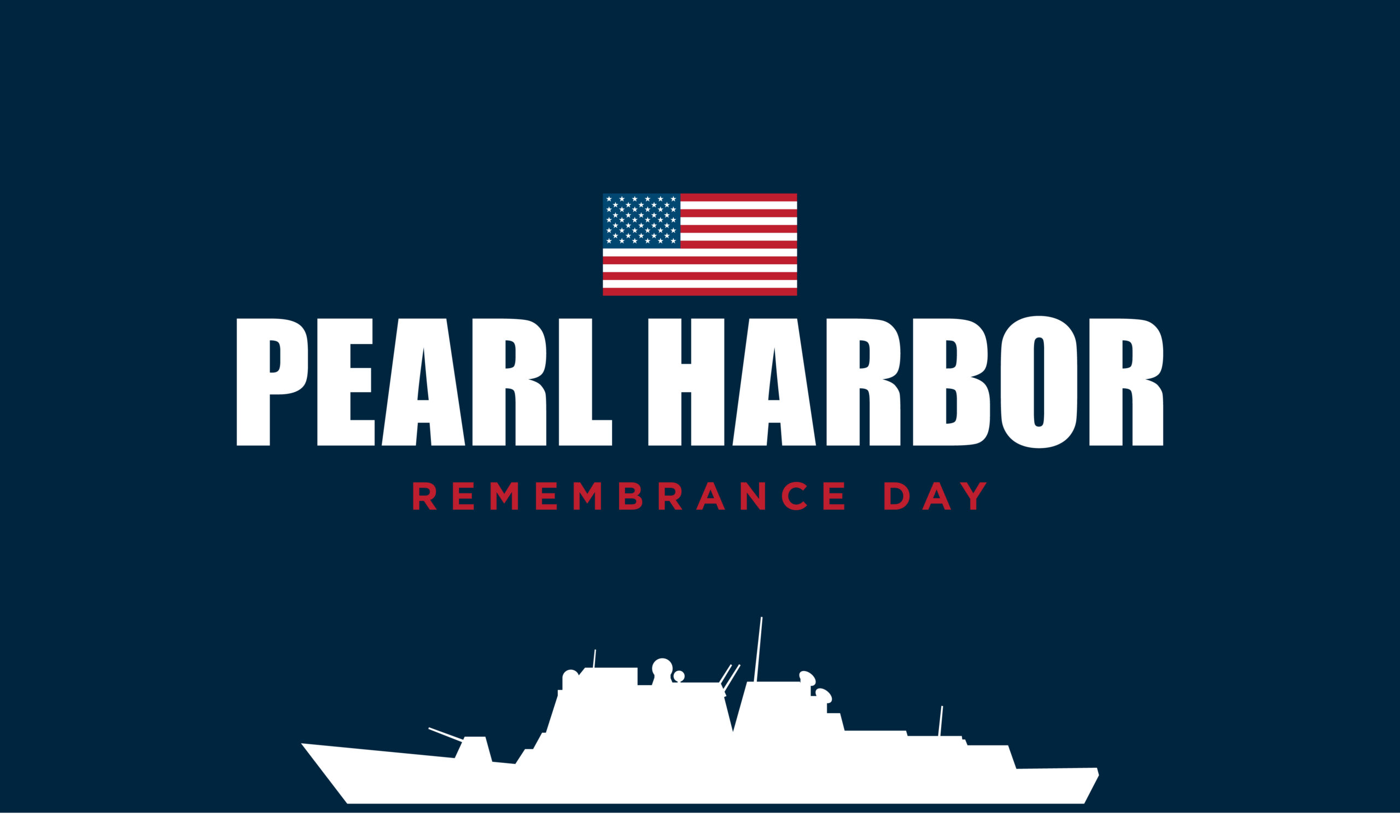December 7th is a significant day in history, known as Pearl Harbor Day. It marks the day in 1941 when the United States naval base at Pearl Harbor, Hawaii was attacked by surprise, changing the course of World War II. As we remember this solemn anniversary, it is important to reflect on the impact of that fateful day, honor the lives lost, and appreciate the resilience that emerged from the aftermath of the attack.
The Day that Changed the World:
Pearl Harbor Day, also called National Pearl Harbor Remembrance Day, is a time to remember the tragic events of December 7, 1941. On that Sunday morning, the Japanese Imperial Navy carried out a surprise aerial assault on the U.S. Pacific Fleet, resulting in the destruction of battleships, cruisers, and aircraft. Over 2,400 Americans lost their lives, leaving a lasting impact on the nation.
Honoring the Fallen:
As we remember Pearl Harbor, it is crucial to pay tribute to the brave men and women who lost their lives in the attack. The USS Arizona Memorial stands as a poignant reminder, built above the sunken battleship where over a thousand servicemen lost their lives. Their sacrifice is a testament to the cost of freedom and the resilience of the American spirit.
Resilience in the Face of Adversity:
Following Pearl Harbor, the United States quickly mobilized its efforts for war. The nation came together, channeling grief and anger into a collective determination to overcome adversity. This resilience was evident in the swift rebuilding of the Pacific Fleet and the subsequent military and industrial mobilization that played a crucial role in turning the tide of World War II.
Lessons Learned:
Pearl Harbor Day encourages us to reflect on the lessons learned from history. It emphasizes the importance of remaining vigilant against emerging threats, promoting international cooperation, and valuing preparedness. The tragedy serves as a reminder that even in the darkest moments, there is an opportunity for growth, unity, and strength.
Commemoration and Education:
Education is a powerful tool in preventing the repetition of history’s mistakes. Commemorative events, museum exhibits, and educational programs play a vital role in preserving the memory of Pearl Harbor. By understanding the events of that day and their consequences, we contribute to a collective consciousness that values peace and diplomacy
Conclusion:
As we observe Pearl Harbor Day, let us remember the sacrifices made, honor the resilience shown, and learn from the lessons of history. The events of December 7, 1941, remind us of the strength that emerges in times of adversity and the importance of building a world that values peace, cooperation, and the preservation of human dignity. Through remembrance, education, and a commitment to a better future, we pay tribute to those who endured the hardships of Pearl Harbor and strive to create a world free from such devastating conflicts.
